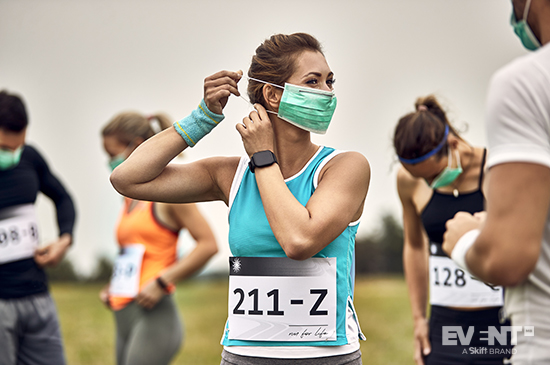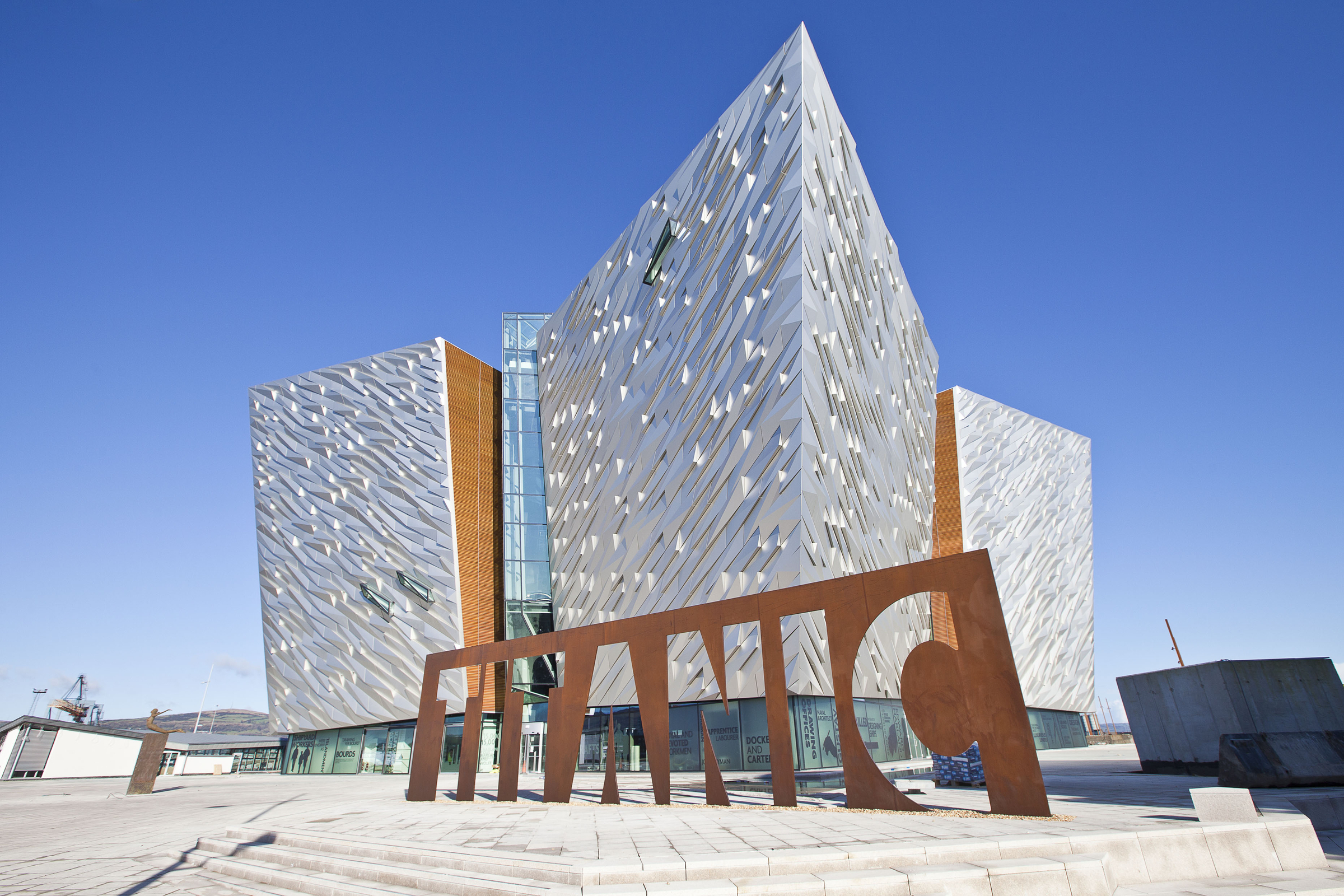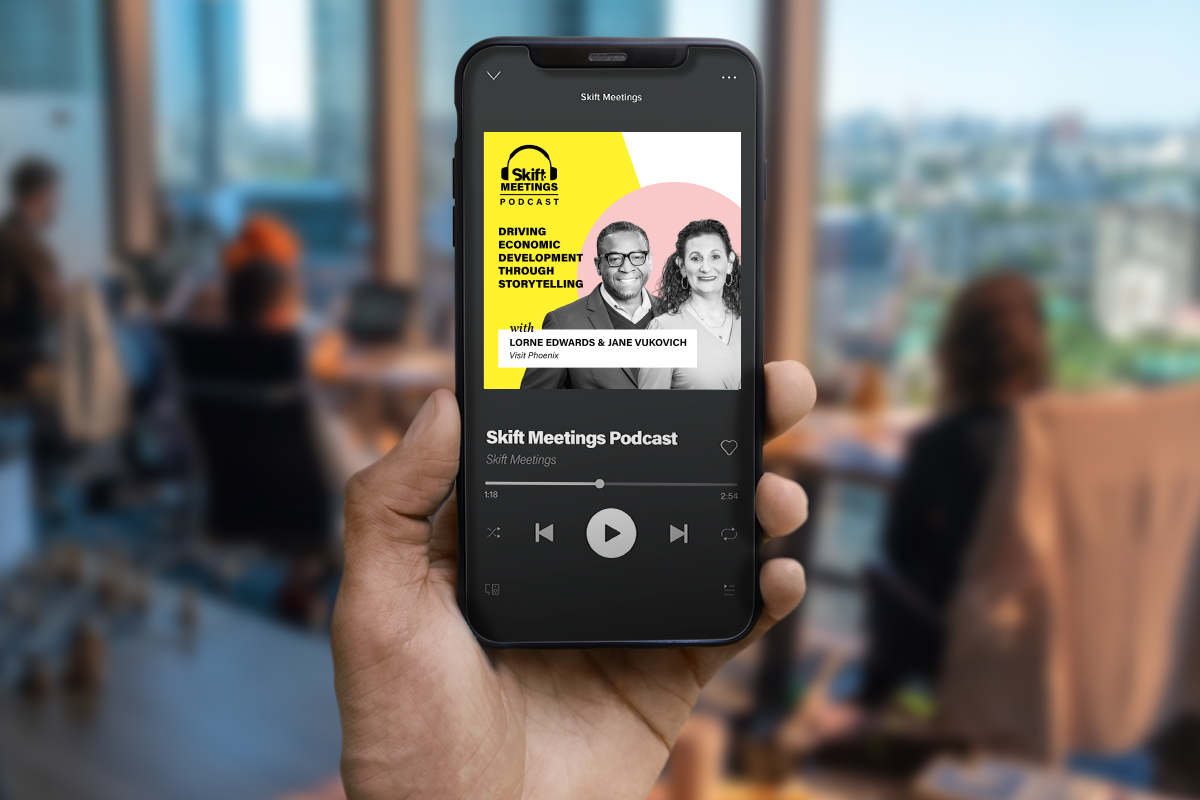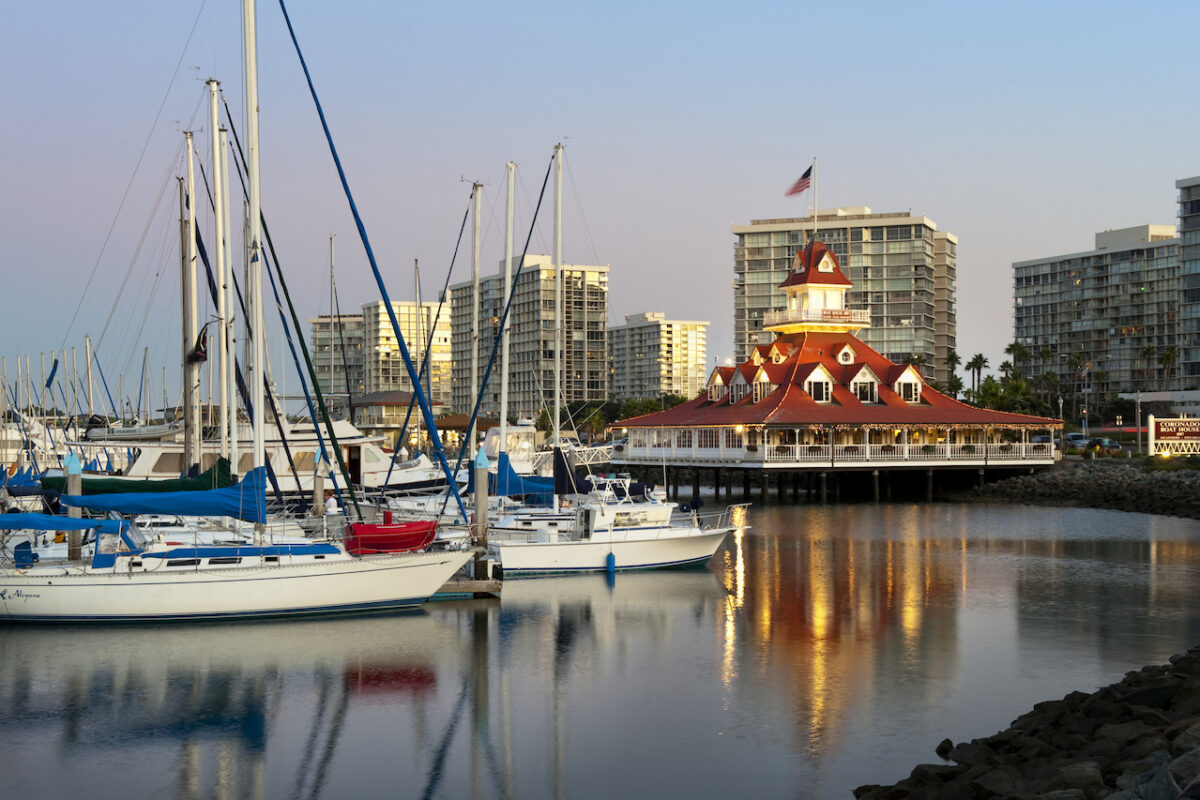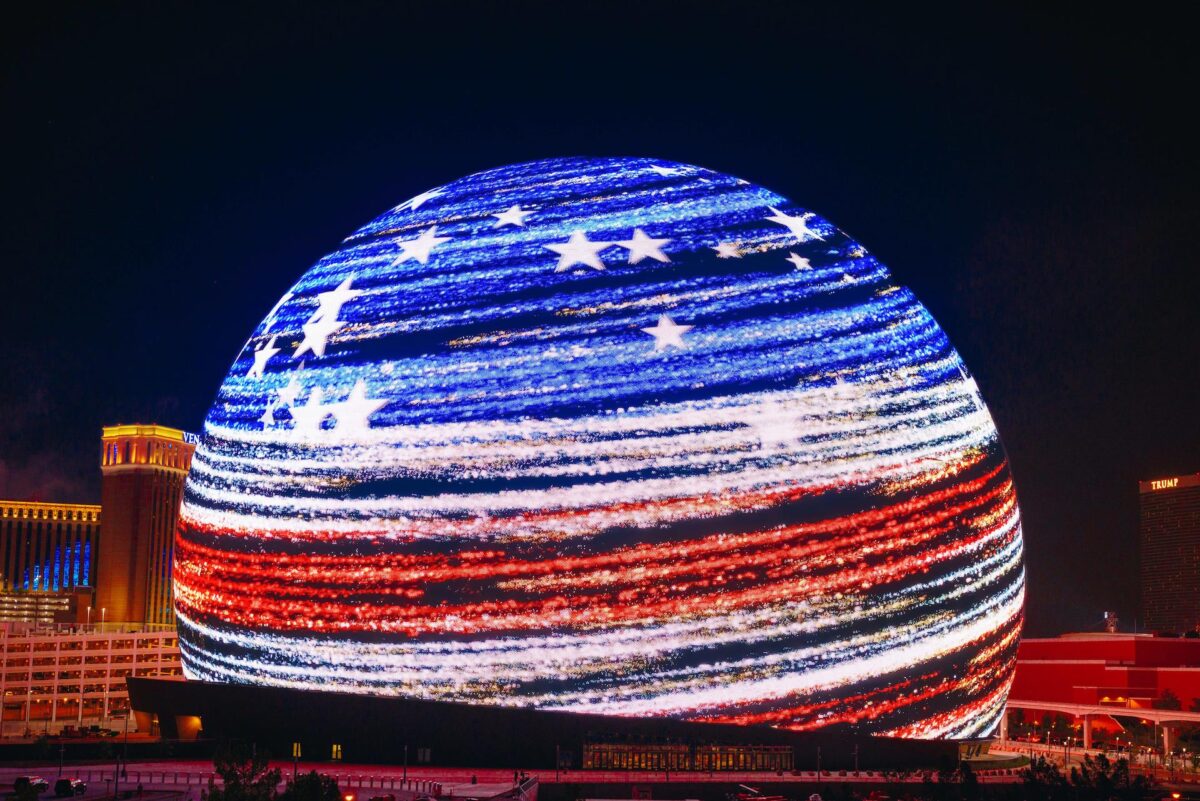Skift Take
The NBA made headlines with its 2020 sporting bubble held in Florida’s Disney World, and now the NCAA Men’s Basketball Championships has just secured a deal to host its 2021 games in Indianapolis. Is there an opportunity for destinations to rebrand as sporting hubs?
It’s old news that sport bubbles depend on regular testing to keep their players Covid-free, but what’s less well-known is the tactic of centralizing playoffs at single-site locations. When teams no longer have to travel from city to city, they cut out a significant risk factor. And while they don’t get to play on home turf, their games can still be televised to fans across the country.
Pro sporting events had a truly hybrid format even before the pandemic began, so it’s not surprising that they pioneered the concept of in-person ‘bubbles’ broadcast to a large audience of remote spectators. And they have the organizational capacity required to keep risk levels to a minimum.
Of course, for this system to function successfully, the destination also has to offer the right amenities. What are athletic organizations looking for in a single destination meant to replace multiple cities? And will some destinations be able to attract this kind of business as a way to compensate for lost event revenue?
3 Key Factors That Make Destinations Attractive for Sport Bubbles
Landing a major sporting event contract is a lucrative prospect for a struggling industry. Simply feeding and accommodating the players themselves can help to sustain the local hotel business.
Sporting events can mean big business for the local economy. The Maui Invitational, a college-level basketball competition, has generated roughly $190 million for the Hawaiian economy since it began in 1984, and the “Maui Bubble” that was relocated to Asheville, North Carolina, was estimated to be worth $1.1 million for local businesses. It was in part the success of this event — where not a single player tested positive throughout the entire duration — that convinced the NCAA to attempt a similar model in Indianapolis.
But which destinations can realistically vie for this kind of deal?
While many cities could theoretically host a series of games booked back-to-back, there are several considerations that can make one location more viable than another. These include:
- The infrastructure and experience required to host a major sporting event
- Sufficient hotel vacancies
- Testing capacity
Of course, it helps to have a reputation for hosting past sporting events. Indianapolis already held the 5th position for most NCAA Men’s Basketball Championship games hosted nationwide, and this year’s events will bring it to the top position. Beyond meeting facility requirements, cities with past experience hosting games are able to demonstrate that they have the professional expertise needed to ensure that the events run smoothly.
In terms of infrastructure, however, stadiums are only necessary if the organizer intends to include a live audience. Indianapolis had considered repurposing its convention center for the championship games when they were operating on the assumption of a strict bubble, but the NCAA has decided to allow the players’ family members to attend live games (and they may even permit other spectators).
Still, the Indiana Convention Center will be used for team training sessions. This doesn’t mean that every city with a convention center will fit the bill. The facility needs to have both enough floor space and a sufficiently open schedule to accommodate the installation of multiple courts.
And as it turns out, the element that makes these kinds of deals so lucrative is also their biggest hurdle: The destination has to be able to accommodate a surge in bookings for the duration of the event.
At the Maui Invitational, for example, each team had its own dedicated hotel floor, with only one occupant allowed per room. The NCAA Championships are planning to follow the same booking model, even with the event extending all the way from March through to April. Indianapolis’s Marriott properties were able to accommodate most of the teams, and the skywalks that connect their hotels to the Convention Center were seen as an added bonus.
The NCAA is still working out its full protocol, but the NBA’s Disney World bubble even had separate hotel accommodations set up for any players who needed to self-isolate following a positive Covid test.
And that brings us to what is perhaps the most obvious requirement: testing capacity. At the Maui Invitational, MAKO Medical Laboratories were able to produce test results within 3 hours. This rapid turnaround made the daily testing of players and frontline staff more feasible. While the Indianapolis bubble may not be quite as strict, organizers are still planning to conduct regular tests.
IN CONCLUSION
Hosting an entire series of sporting events can be a major boost to the local economy. The hotel group that handled the Maui Invitational had to rehire a significant portion of its furloughed catering staff in order to meet the demand for individualized meals for players and staff, and that translates directly to more jobs. With that said, the local hospitality industry needs to be able to accommodate a sudden surge in business, and other specialized athletic services and testing facilities need to be equally accessible.
For those destinations who meet the requirements, however, this model could give their local economy the boost it needs.
